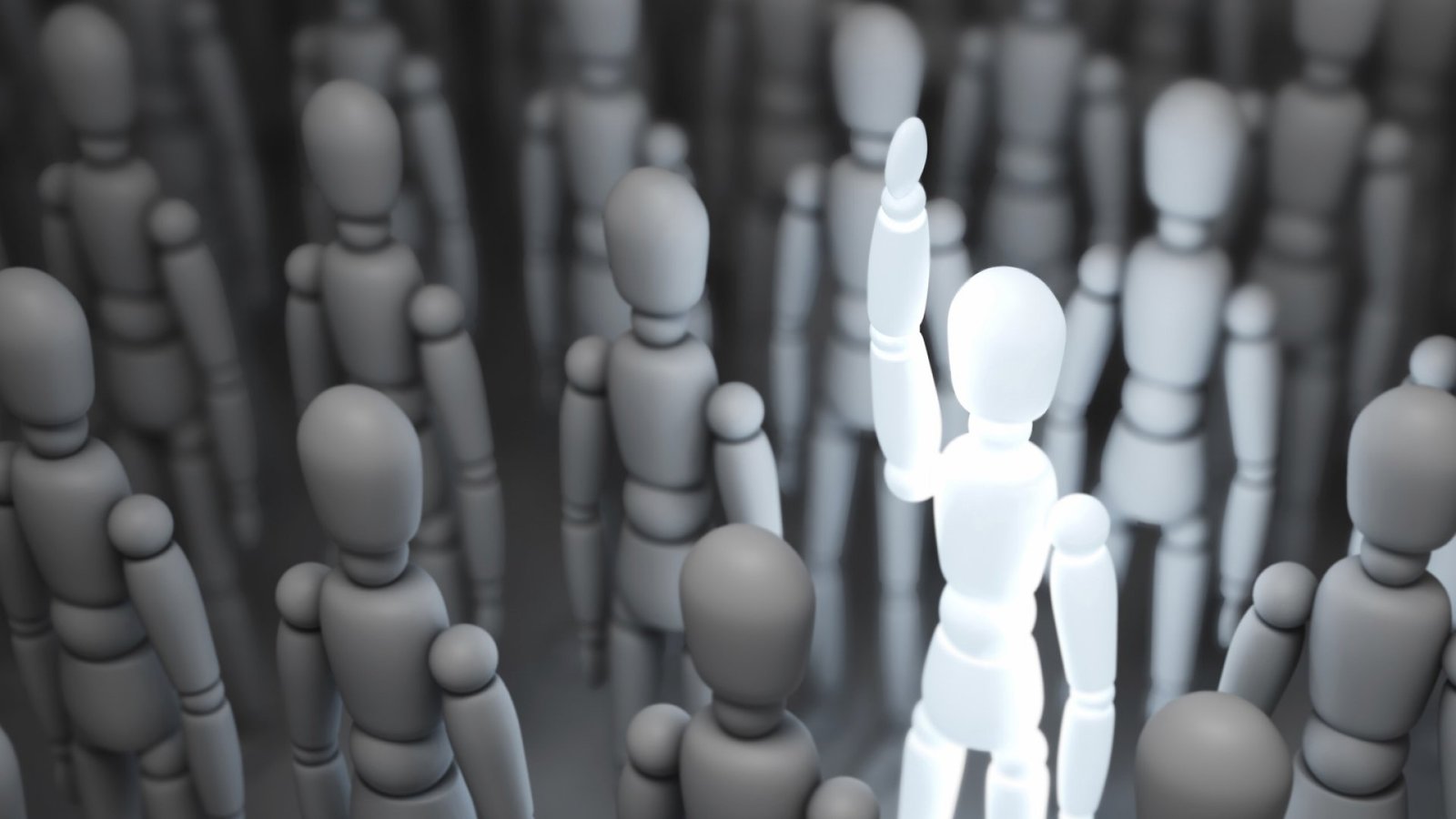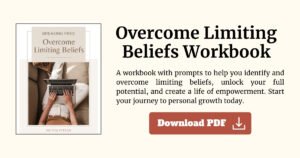Itai Ivtzan
Blame is the opposite of responsibility; it is attributing your misfortune to something or someone else to avoid taking responsibility for your actions. In one of my former articles I wrote about having a choice. Having a choice means that you recognise your own responsibility. Realising that your relationship with the moment stems from your own ego concepts changes your relationship with life.
Before you continue you might like to consider our free worksheet on exploring “Overcome Limiting Beliefs”. Please download this worksheet here.
For this change to occur you must actually experience it, and regularly practice making this observation in order to link between your ego concept and your ensuing interpretation of the situation. Once you stop looking for external causes and realise that you are the source of your experiences, you begin taking responsibility for them. The yoga student, from my former article, who misunderstood the teacher, could point her finger at the teacher and gain nothing, or she could take responsibility and recognise her mind pattern and become aware of her own ego concepts of inferiority. You may ask: “What if the teacher actually meant to insult her? What if the person who made me uncomfortable really meant for this to happen?” In fact, what really matters is not whether the yoga teacher was being malicious or addressed the student innocently. The reaction (feeling hurt, for example) was triggered only because the student had an ego concept that was uncomfortable with who she was. If the student had been completely free of any inferiority-based ego concepts, then she would have simply smiled and continued to practice, no matter what the yoga teacher had meant, or she could have chosen to move on and leave the class. No reaction would have ensued because in order to set off a reaction a mind pattern had to exist that resisted the situation, and was in conflict with it.
Taking responsibility does not mean blaming oneself. Blame is just another ego concept. The mind, being in the habit of reacting automatically with an ego concept to any situation, frequently triggers another ego concept, that of guilt: “Oh, I shouldn’t judge!” or “This is so wrong, why do I expect that from him?” We are so accustomed to ego-concept-based-reactions that they easily sneak in through the back door.
By switching over from an external point of view (blaming others) to an internal one (recognising your own ego concept) you will be gaining a great benefit: you will be in control of the situation. As long as you blame someone or something else and hold them responsible, you can do absolutely nothing about the situation. No matter how hard you try, you will not succeed in changing the situation because the other person might not agree to make the change. This is the beginning of one of the most destructive processes in human relationships: trying to change others to suit our own understanding of the world, our own schemas. Whenever a certain situation conflicts with our schemas, we automatically attempt to reshape the situation in order to be comfortable again. Instead of letting go of the schema, we try to change the world to agree with it. This is where the idea of choice becomes very relevant; as we closely observe ourselves we realise that we can really choose between letting go of the schema (and accepting the situation as it is) or holding on to the schema but moving on and letting go of the situation that makes us uncomfortable.
Your schemas determine your motivations, whether you are aware of it or not. If something that happens in your life takes you by surprise, you are probably watching a motivation you were unaware of. Remember, an apple tree does not grow pears. If you see pears in the field of your consciousness, you are probably nurturing a pear tree. Most of us live in ignorance, that is, unaware of the seeds, the motivations, which we keep planting with our personal schemas. Taking responsibility means recognising the seeds we plant and realising that the fruit we eat, our experience, is a direct outcome of that original planting.
Dr Itai Ivtzan is passionate about the combination of psychology and spirituality. It makes his heart sing. He is convinced that if we befriend both psychology and spirituality resposibility, and succeed in introducing them into our lives, we will all become super-heroes, and gain super-strengths of awareness, courage, resilience, and compassion. Isn’t this an amazing prospect? His main areas of research are mindfulness, spirituality, and wellbeing. Dr. Ivtzan is confident that mindfulness meditation has the power to change individuals – in fact, whole societies – for the better. Accordingly, he has been investing much time in studying mindfulness academically, writing books about it, teaching it, and running mindfulness training for teachers and others. Offering the gift of mindfulness to others is a deeply rewarding experience; would you like to learn how to become a meditation teacher? Check out his mindfulness certification online to find out more.
Ready to take charge of your experiences and overcome limiting beliefs? Download our free ‘Overcome Limiting Beliefs Workbook‘ to start shifting your mindset and embracing responsibility for your actions today.






